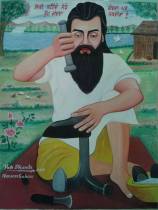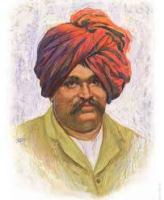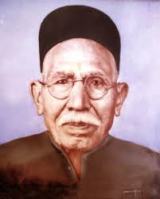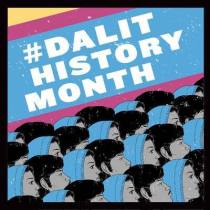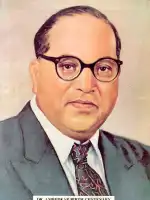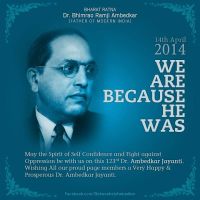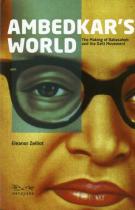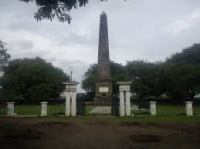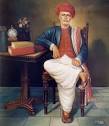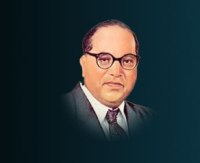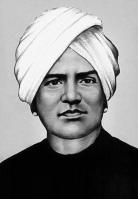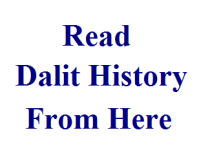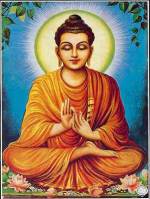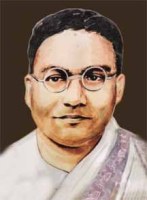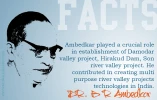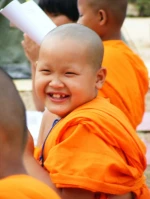Written by – Subhash Gatade
“Lack of education lead to lack of wisdom,
Which leads to lack of morals,
Which leads to lack of progress,
Which leads to lack of money,
Which leads to the oppression of the lower classes,
See what state of the society one lack of education can cause!”
- Jyotiba Phule
..Most people do not realize that society can practise tyranny and oppression against an individual in a far greater degree than a Government can. The means and scope that are open to society for oppression are more extensive than those that are open to Government; also they are far more effective. What punishment in the penal code is comparable in its magnitude and its severity to excommunication? Who has greater courage—the Social Reformer who challenges society and invites upon himself excommunication or the political prisoner who challenges Government and incurs sentence of a few months or a few years imprisonment?..
(Ranade, Gandhi and Jinnah, Address delivered by Dr Ambedkar on the 101 st birthday celebration of M G Ranade, 18 th January, 1943)
Introduction

Mahatma Jotiba Phule
Understanding or rereading a historical figure – whose life and times have impacted generations of scholars and activists – who has been subjected to praise as well scrutiny by best brains of our times becomes a challenging task. One gets a feeling that whatever has to be said has already been said and perhaps there is not much novelty left. An added challenge becomes when you are face to face with scholars/activists who could be considered experts on the issue having done more detailed and through work on the subject.
Today when I begin my presentation I find myself in a similar quandary.
Would it be repetition of what the earlier scholar just spoke or a glimpse of what the coming activist is going to present? And to avoid the possible monotony of any such ensuing discussion – where all of us would be doing ‘kadam tal‘ (a lexicon used in NCC parades) around similar arguments and similar insights and would be lamenting in similar voices, I have decided to flag of few queries which have been bothering my mind since quite some time. It is possible that it would be considered rather blasphemous to raise such questions or they are so mundane that participants can just exchange smiles about their content. Anyway, whatever might be the outcome I would like to raise them with a sincere hope that they would possibly generate a conversation?











